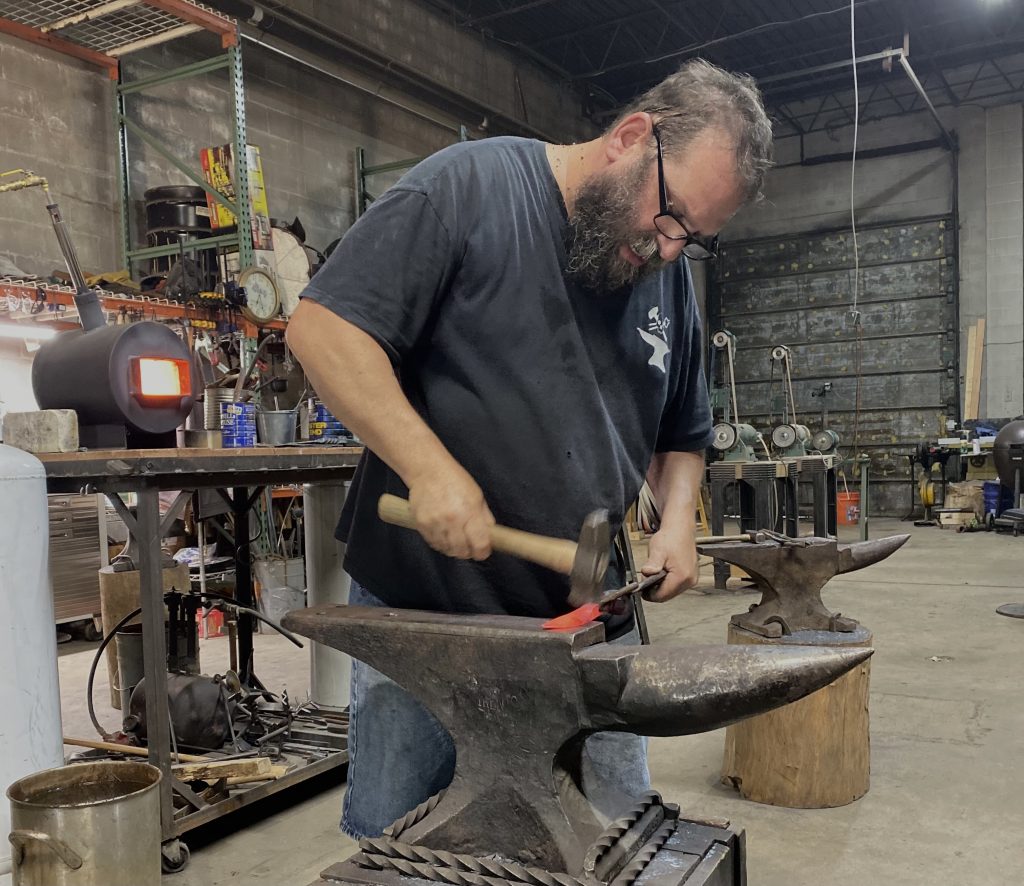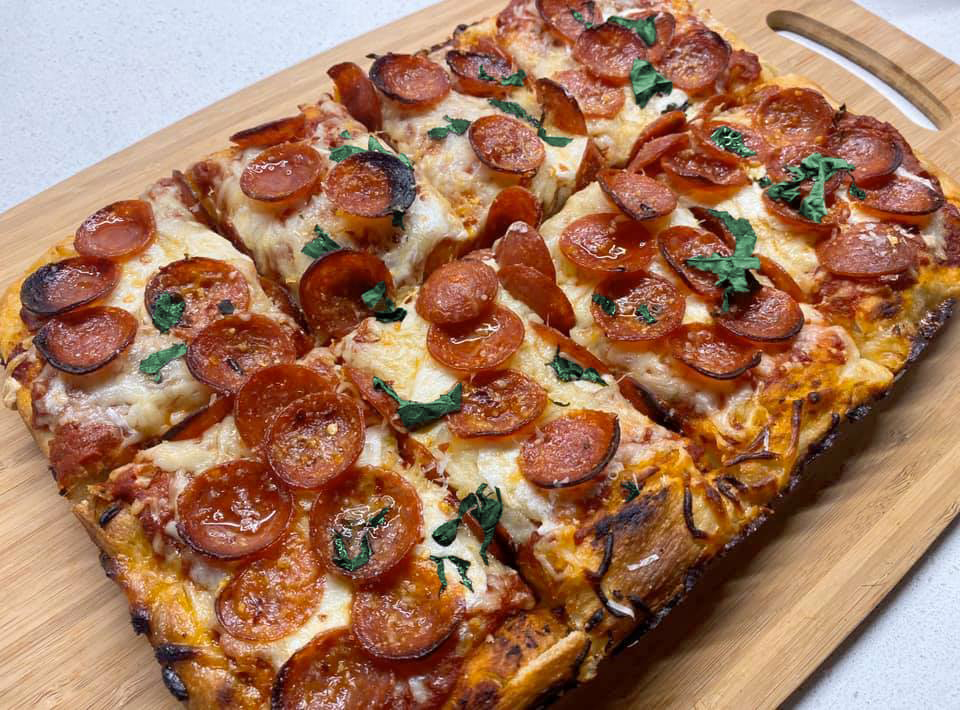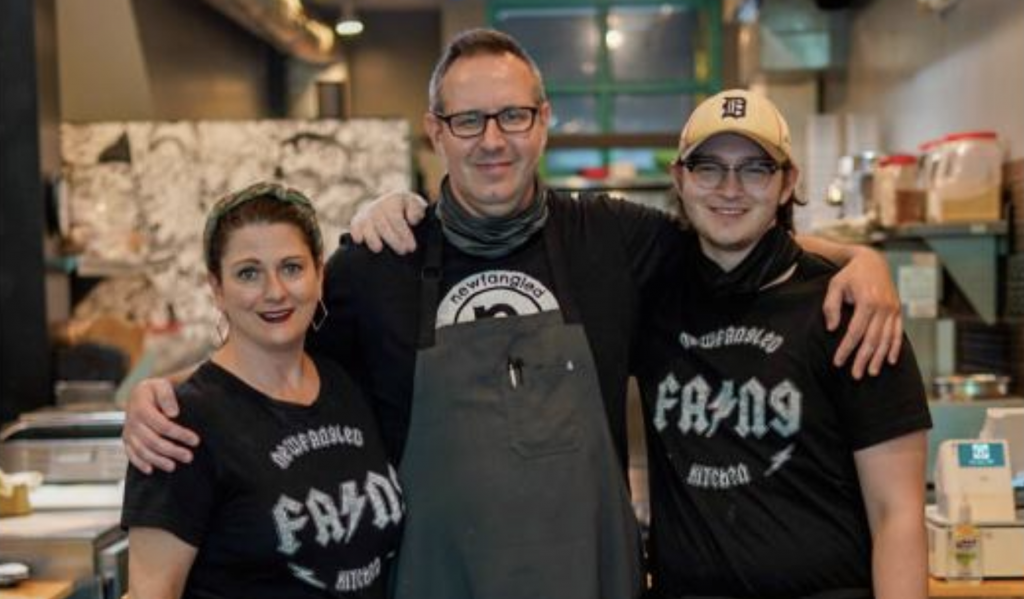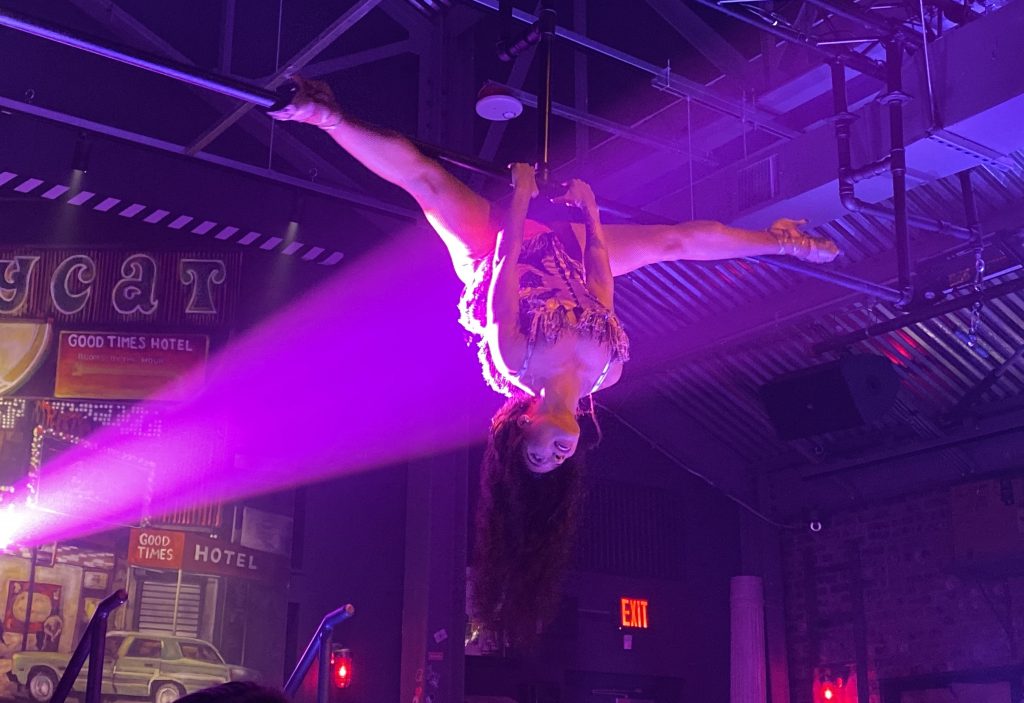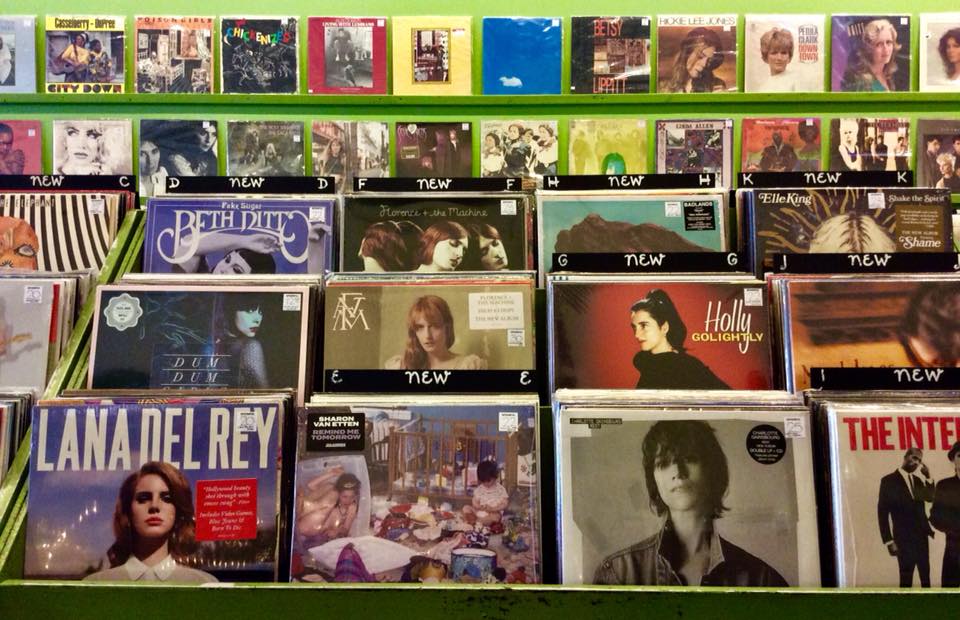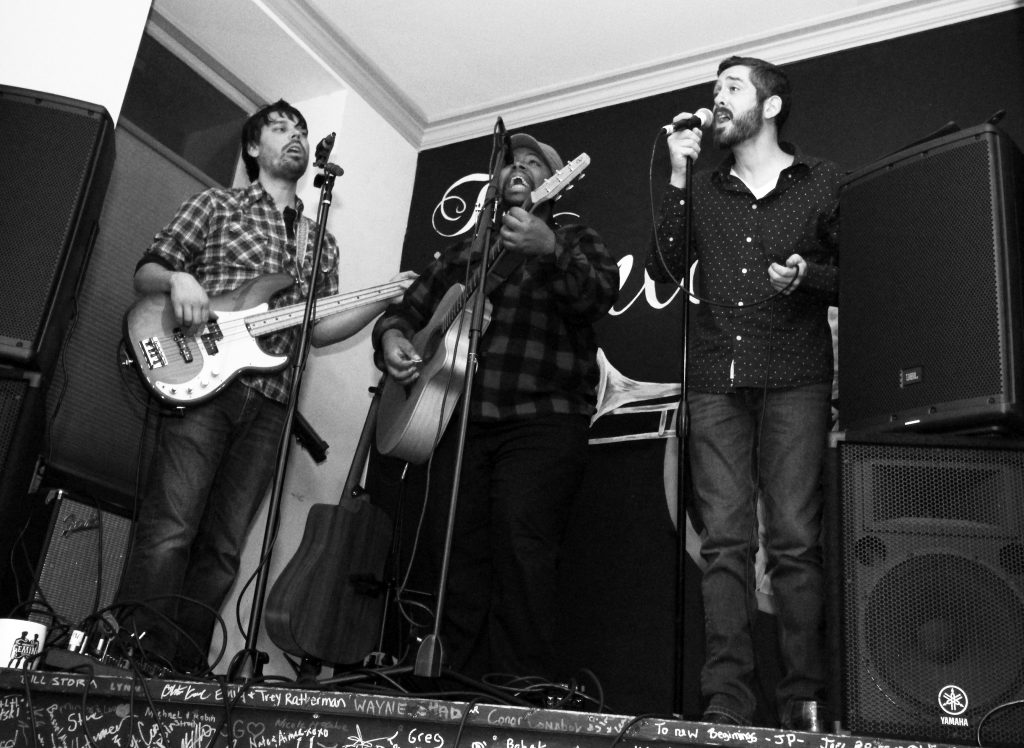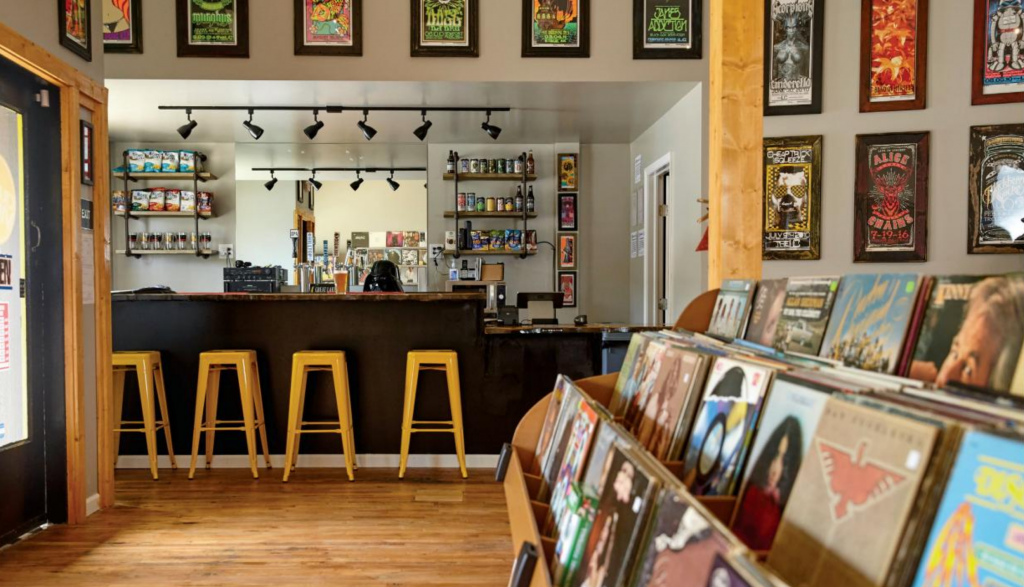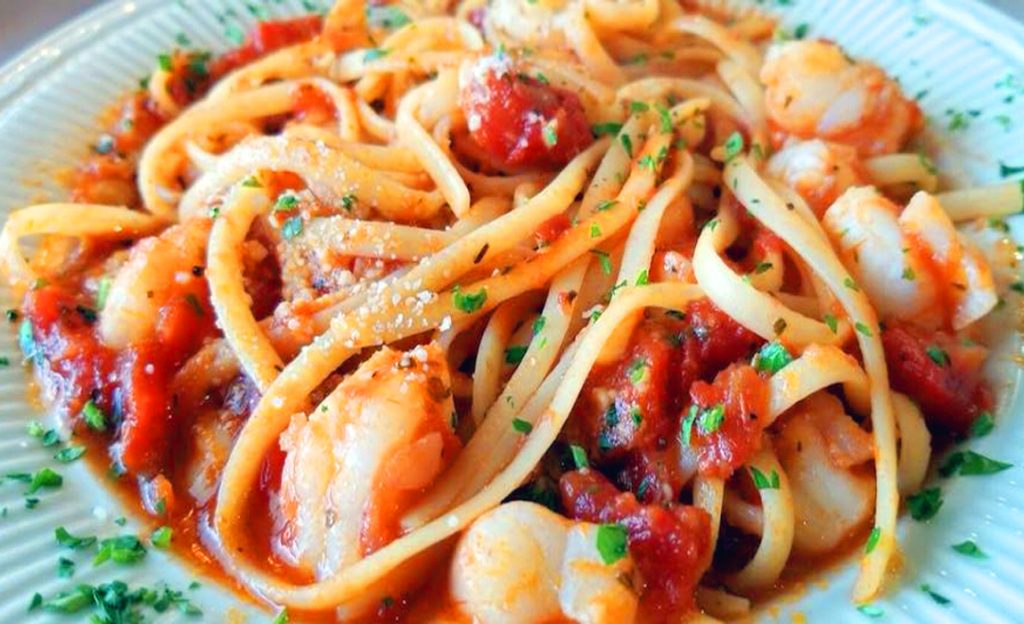Originally published in COLUMBUS ALIVE

Ask any band what frightens them most at the moment and it’s probably the prospect of empty stages with no end in sight. It even scares the members of Mummula, whose spooky shtick should be selling out gigs right now instead of lingering in the shadows.
“With all the uncertainty with the virus, it became a question beyond whether venues were going to be open and more about if they would be safe for the people we care about,” confessed Eric von Goosebump. “We don’t want to have our fans, friends, and family come see us and then get sick. I think we collectively decided let’s just play it safe and kind of tap out for a while.”
With all the grit of a garage band, the members of Mummula perform horror-inspired hits and credible covers dressed in matching black capes and bandaged heads. Loyal fans are already in on the gag, but the uninitiated are often left wondering whether these four guys are for real or just a ghoulish gimmick intended to hide a bunch of retro rock wannabes.
“People are genuinely surprised when they listen to us because we do a really nice punk show, but we have some garage rock elements in there as well as the surf instrumentals which really resonate when it all comes together,” explained Mark Hovthevampyre. “It’s like a full-package, variety, Scooby-Doo kind of show singing about monsters and aliens.”
Mummula is very real, and any doubts are settled as soon as they take the stage, hitting predictable power chords at a break-neck beat with catchy tunes like “My Baby’s Turnin’ into a Wolfman” and “Ed Wouldn’t”. Every song is unexpected, with members trading traditional instruments and vocals, and the occasional cameo from a keytar or kazoo. They even have their own fan club cleverly called The Wrap, keeping their growing legion of followers hip to their happenings throughout the Midwest, even as the pandemic persists.
From traditional club gigs to tiny charity performances, Mummula defies description or easy categorization. They’re surf meets snark, punk meets parody — as if Dick Dale founded Devo, or Joey Ramone and Weird Al conspired to create the genetic lovechild of Boris Karloff and Bela Lugosi.
Sadly, several annual events were cancelled or delayed indefinitely this year, like the local Fraternal Order of Moai’s Hula Hop and Point Pleasant, West Virginia’s Mothman Festival. In fact, Mummula’s last show before everything wound down was the Horror Prom at Spacebar, a Valentine’s Day “paranormal formal” for ghoulishly attired couples. It was an unintentionally ominous milestone just as the thin line between dark fantasy and harsh reality was about to blur.
As if their signature swag and pseudonyms don’t give it away, there’s obviously some deft design and branding expertise among the members, more than a subtle hint to their day gigs. Like most bands, moving music and merchandise online instead of at shows has become the standard, but they’re also spreading some goodwill as the chill of fall settles over Ohio. The band launched Mummula face masks earlier this year with all proceeds going to the United Way Worldwide’s COVID-19 Community Response and Recovery Fund, and an upcoming release to benefit the Movember Foundation next month builds on a prior EP to raise funds for the men’s health initiative.
“One gig that stands out for me was when we played HorrorHound Weekend several years ago. The crowd was huge. That was probably our biggest show so far, so it was kind of terrifying,” recalled El Santos. “But we were in our element, connecting with a bunch of horror fans, and we got to end the day with a lot of bigger bands in the horror punk scene.”
There is indeed a “horror punk scene”, but hardly obscure or recent. Though Mummula’s origin technically grew out a running monster mashup gag among the founding members during a road trip to a horror convention, the story actually goes back to the late 80s. The Canadian band Forbidden Dimension so captured their imagination, when Mummula eventually released their debut album in 2016, they asked the lead singer (and fellow graphic designer) to create the cover. The relationship came full circle when both groups shared the same stage in Nashville, illustrating the unique genre’s ability to connect fans and bands despite the distance and decades between them.
“Mummula hits all of these different communities — people who love surf, people who love punk, people who love monsters,” noted Kevbot 2. “I think that’s the thing I miss most, when you go to a show and you play for someone who hasn’t seen Mummula and they dig it, they’re surprised, and it completely makes their night.” ▩
For more on Mummula, visit them on Facebook and Bandcamp.
